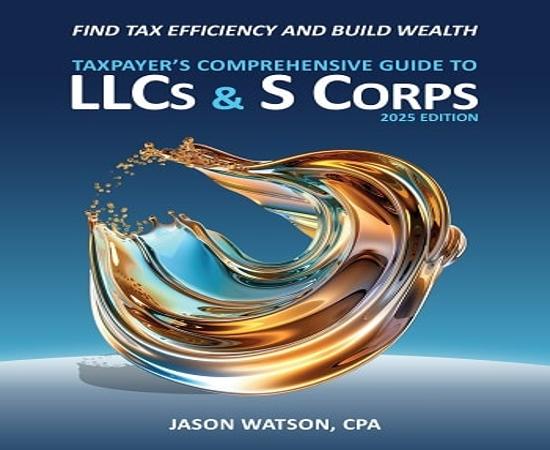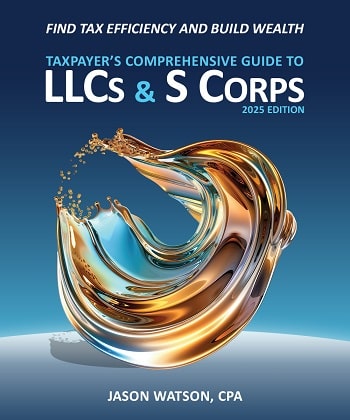The Comprehensive Guide to LLCs and S Corps for Taxpayers
Many taxpayers find themselves at a crossroads when it comes to choosing between forming a Limited Liability Company (LLC) or an S Corporation (S Corp). Understanding the intricacies of these business structures is crucial to making an informed decision that aligns with your financial goals and tax situation. In this comprehensive guide, we will delve into the key aspects of LLCs and S Corps to help you navigate through the complexities of tax planning and business ownership.
The Benefits of LLCs and S Corps
LLCs and S Corps are popular choices for business owners due to their flexibility, liability protection, and tax advantages. LLCs provide the benefit of pass-through taxation, where the profits and losses of the business are passed through to the owners’ individual tax returns. On the other hand, S Corps offer potential tax savings through the avoidance of self-employment taxes on distributions of profits.
A Detailed Explanation of LLCs and S Corps
LLCs are hybrid entities that combine the flexibility of a partnership with the liability protection of a corporation. Owners of an LLC, known as members, are not personally liable for the company’s debts or liabilities. S Corps, on the other hand, are corporations that elect to pass corporate income, losses, deductions, and credits through to their shareholders for federal tax purposes.
Frequently Asked Questions
1. What is the difference between an LLC and an S Corp?
While both LLCs and S Corps offer limited liability protection, they differ in terms of taxation. LLCs are subject to self-employment taxes on all income, whereas S Corps can potentially save on self-employment taxes by paying a reasonable salary to shareholders.
2. Can a business be both an LLC and an S Corp?
No, a business cannot be both an LLC and an S Corp. However, an LLC can elect to be taxed as an S Corp by filing Form 2553 with the IRS.
3. How do I decide between an LLC and an S Corp for my business?
The decision between an LLC and an S Corp depends on various factors, including the number of owners, expected profits, and tax considerations. Consulting with a tax professional is recommended to determine the best option for your specific situation.
4. Are there any restrictions on who can own an S Corp?
S Corps have specific eligibility requirements, such as being a domestic corporation with only allowable shareholders who are individuals, estates, or certain trusts. Non-resident aliens, partnerships, and corporations cannot be S Corp shareholders.
5. What is the IRS Form for electing S Corp status?
To elect S Corp status, a business must file Form 2553, Election by a Small Business Corporation, with the IRS. This form must be filed within the first two months and 15 days of the beginning of the tax year the election is to take effect.
Conclusion
Choosing between an LLC and an S Corp is a significant decision for any taxpayer looking to start or expand their business. The taxpayer’s comprehensive guide to LLCs and S Corps serves as a valuable resource to help individuals navigate the complexities of these business structures and make informed choices that benefit their financial well-being.


